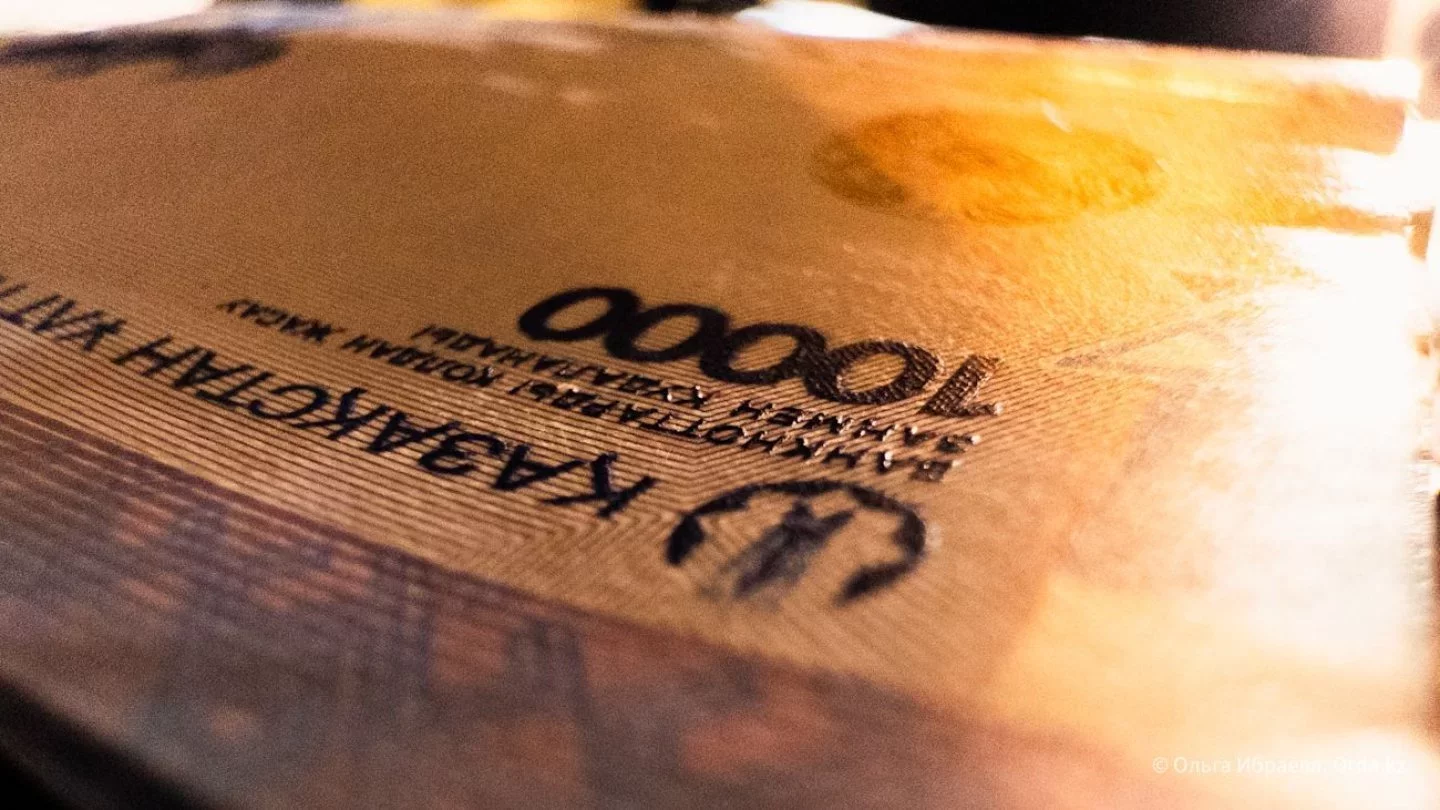Kazakhstan Raises $1.5 Billion Through Eurobond Issue Amid Rising National Debt Concerns
 Photo: Olga Ibraeva, Orda.kz
Photo: Olga Ibraeva, Orda.kz
Kazakhstan's government has raised $1.5 billion through the issuance of five-year sovereign Eurobonds, Orda.kz reports, citing the Ministry of Finance.
Historic Results
The securities were placed on international markets on October 21 with a yield of 4.412% per annum and a spread of just 85 basis points over U.S. government bonds — the best result in Kazakhstan’s placement history.
Investors submitted bids totaling over $4.4 billion, nearly tripling the issue size. Major funds from Europe and the U.S., as well as new investors from Asia and the Middle East, participated in the deal, the Finance Ministry said.
The Eurobonds will be traded simultaneously on the London Stock Exchange, the Kazakhstan Stock Exchange (KASE), and the Astana International Financial Center (AIFC) Exchange. The government attributed the high investor interest to ongoing reforms in tax, budget, and political sectors, as well as a general focus on fiscal stability.
Part of the $1.5 billion could be directed toward the anti-crisis measures recently announced.
These include a moratorium on fuel and utility price hikes, tax relief for businesses, subsidized mortgages, and support for agricultural producers. Additional social benefits and subsidies are also planned to ease the impact of the economic downturn.
Public Debt
At a Majilis session, Finance Minister Madi Takiyev addressed the state of Kazakhstan’s public debt, responding to questions from MP Olzhas Nuraldinov, who warned that the government continues to borrow new funds to service old obligations.
Another 24 trillion tenge is planned to be raised over the next three years. As a result, by 2028, the national debt could double to 57 trillion tenge. This means that in the near future, the cost of servicing this debt could exceed spending on education, defense, and infrastructure combined, Nuraldinov stated.
Takiyev clarified that Kazakhstan’s public debt currently stands at 33.5 trillion tenge, or 22.2% of GDP.
The bulk of the national debt, 76%, is borrowing from the domestic market used to cover the budget deficit. The remaining 24% comes from the foreign market, primarily to finance infrastructure projects, he said.
The minister added that the government plans to reduce borrowing by narrowing the budget deficit and expects additional revenue once the new Tax Code takes effect in 2026.
Efforts are also underway to include Ministry of Finance securities in major international indices and funds, which would attract investment while reducing borrowing needs.
This suggests that, overall, international investors see prospects for our country, see economic stability, and therefore are investing their money, Takiyev noted.
Budget Outlook
Takiyev also announced the macroeconomic assumptions used for Kazakhstan’s three-year budget: an exchange rate of 540 tenge per U.S. dollar and an oil price of $60 per barrel.
For comparison, the National Bank's previous forecasts had oil prices at $80 per barrel for 2024–2026, with a possible decline to $75, and exchange rates were projected to be 484 tenge per dollar in 2025 and 494 in 2026.
According to projections from the Ministry of National Economy, real GDP growth in 2026 will reach 5.4%, with an average annual growth rate of 5.3% over the next three years. Budget revenues for 2026 are expected to total 19.2 trillion tenge (10.5% of GDP), while the guaranteed transfer from the National Fund will remain at 2.77 trillion tenge per year.
Expenditures are set at 27.7 trillion tenge (15.1% of GDP) in 2026, 28.8 trillion (14.0%) in 2027, and 29.8 trillion (13.0%) in 2028.
With such volumes of revenue and expenditure, the budget ensures self-sufficiency without the need to attract additional funds from the National Fund in the form of a targeted transfer, said Deputy Prime Minister and Minister of National Economy Serik Zhumangarin.
The inflation forecast is 9.0–11.0% in 2026, followed by 6.0% in 2027 and 2028.
Original Authors: Ruslan Loginov, Anastasia Prilepskaya, Third article
Latest news
- Parliamentary Reform Working Group to Meet on December 2
- Afghan Media: Taliban Asked Tajikistan to Recognize Their Government During Kabul Meetings
- East Kazakhstan Akim Responds After Activist Denied Timely Permission for Protest Against Time Change
- Russian Public Figures Plan Appeal Over Aslan Tolegenov’s Sentence, Expert Says It Holds No Weight in Kazakhstan
- OFAC Sets Conditions for Sale of Lukoil’s Foreign Assets
- Graham Says Trump Gave Green Light to Bipartisan Russia Sanctions Bill — CNN
- Culture Minister Proposes Restrictions on Filming Without Consent in Kazakhstan, Cites Prank Videos
- Analysts Warn Kazakhstan May Struggle with Further Growth of Public Debt
- Reuters: U.S. Special Envoy Keith Kellogg Expected to Step Down in January
- Air Astana Prepares Major Boeing 787-9 Deal
- New Sentences Handed Down in Closed Trials Linked to Arman Dzhumageldiev
- Russia Boosts Kazakh Gold Imports
- U.S. Peace Plan Details Emerge Following Reports on Secret Talks
- Proceedings Resume in the Kusheyev and Karimov Case in Almaty
- KNB Detains State Revenues Department Official Over Secret Border Scheme
- Concerns Over Almaty Hippodrome: Bazarbek Targets Otbasy Bank and Developers Over Illegal Construction
- Mindich Corruption Probe Widens, as Pressure Mounts to Remove Zelenskyy's Close Ally Yermak
- Halushchenko Fired Amid “Midas” Scandal; Energy Minister Hrynchuk Also Dismissed
- Blogger Summoned by Police Over Post Urging Boycott of Timati Concert
- Russian Strike on Ternopil Kills at Least 19, Injures Dozens, Ukraine Reports

